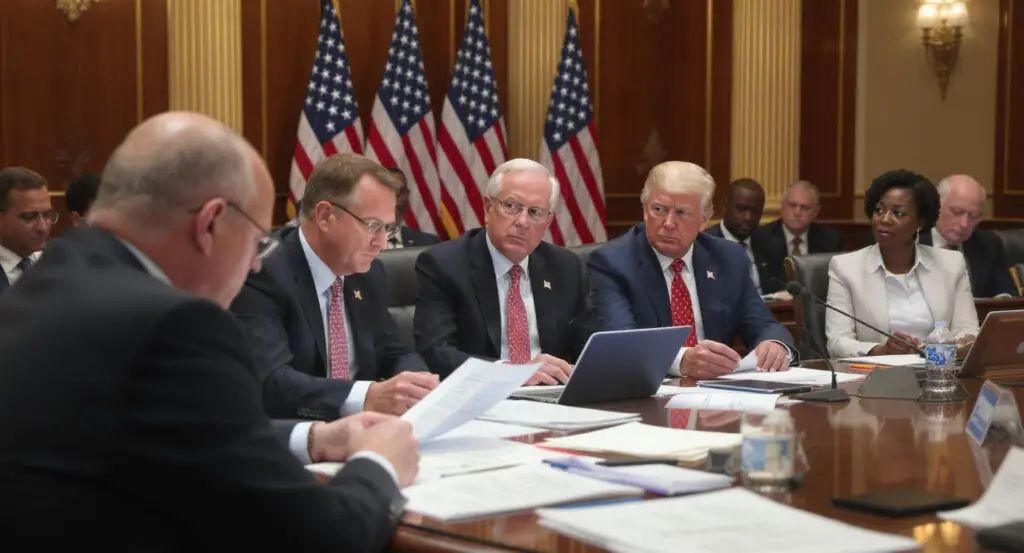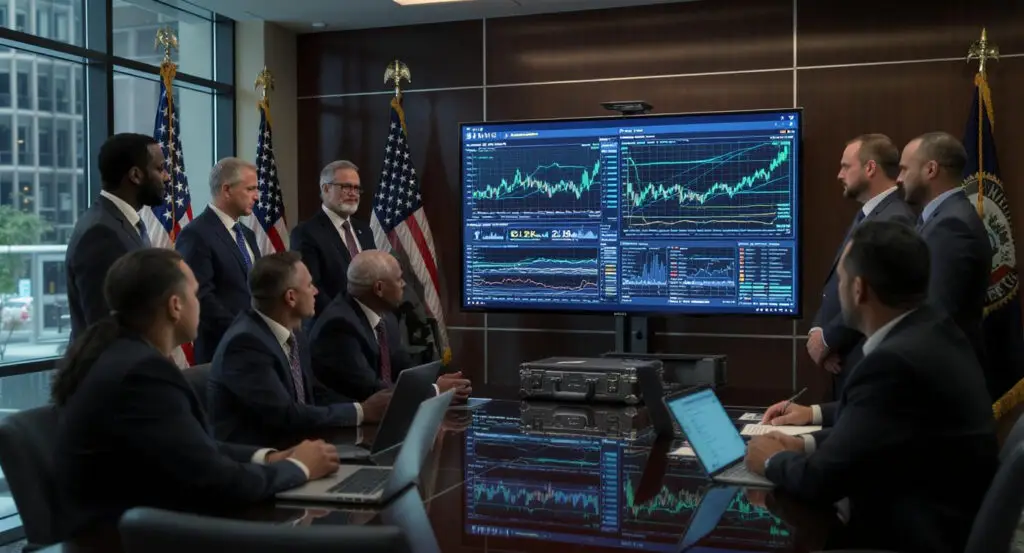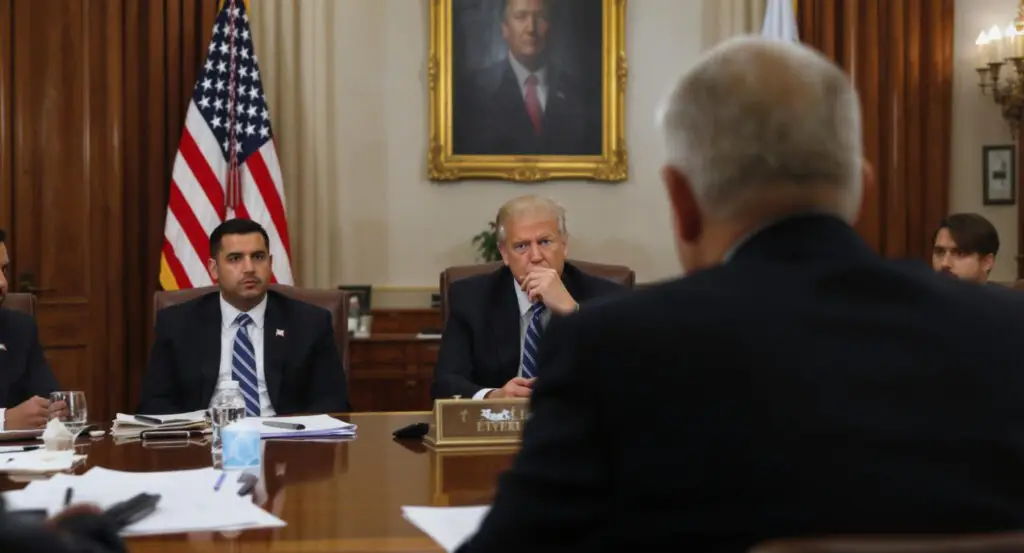Two prominent Republican senators have unveiled a new framework, setting the stage for a major bill designed to establish clear “rules of the road” for digital assets. This initiative aims to provide much-needed legal clarity by defining when cryptocurrencies fall under the purview of the Securities and Exchange Commission (SEC) versus the Commodity Futures Trading Commission (CFTC). This legislative push signifies a growing bipartisan momentum, even as the path forward for crypto bills remains complex and uncertain due to differing versions across the House and Senate.
Republican Senators Push for Crypto Clarity
Senate Banking Chairman Tim Scott of South Carolina and Senator Cynthia Lummis of Wyoming, who leads the panel’s digital assets committee, are spearheading the introduction of this comprehensive framework. The forthcoming bill seeks to clearly distinguish between crypto assets that are considered commodities and those deemed securities. This distinction is crucial for determining which regulatory body, the CFTC or the SEC, will have primary oversight.
Redefining Regulatory Oversight
A key objective of the proposed legislation is to reduce the Securities and Exchange Commission’s regulatory reach over digital currencies. Instead, it aims to allow crypto exchanges to register with the Commodity Futures Trading Commission, potentially shifting the primary regulatory burden. Senators Thom Tillis (R-N.C.) and Bill Hagerty (R-Tenn.) have also endorsed the framework, emphasizing its potential to streamline oversight.
Anti-Money Laundering Measures Included
Beyond regulatory definitions, the proponents of this legislation assert that the proposed bill will incorporate a “small, common-sense package of measures” specifically designed to prevent money laundering and sanctions evasion. Senator Scott highlighted these principles as an essential baseline for future negotiations. He expressed hope that colleagues would prioritize clarity for digital asset regulation over political considerations, stressing the long-overdue need for such a framework.
Building on Bipartisan Momentum
Senator Scott is keen to leverage the bipartisan support recently demonstrated in the Senate, where a stablecoin bill successfully passed with nearly all Republican votes and backing from 18 Democrats. Following that vote, Senator Lummis underscored that the stablecoin bill was merely “the first step.” She urged lawmakers to finalize the more intricate market structure bill within the current year, indicating a sustained effort toward comprehensive crypto legislation.
House and Senate Disparities
While the Senate pushes forward, the House has its own version of market structure legislation that has already been approved by two key committees: the Financial Services Committee and the Agriculture Committee. President Donald Trump has called for swift action on the Senate’s stablecoin bill, but House Financial Services Chairman French Hill (R-Ark.) has indicated a preference for moving stablecoin and market structure bills in tandem. This difference in approach highlights potential hurdles for unified legislative progress.
Upcoming Hearing on the Framework
To further discuss the forthcoming bill, the Senate Banking Committee’s subcommittee on digital assets is scheduled to hold a hearing. This hearing will provide an opportunity for lawmakers and stakeholders to deliberate on the proposed framework’s details and potential implications. Such discussions are vital for refining the legislation and addressing any concerns before it moves further through the legislative process.
Potential Impact and Challenges Ahead
The proposed framework, while aiming to provide clarity, faces a challenging road to full implementation. Varying perspectives between the House and Senate, coupled with the inherent complexities of digital asset regulation, could lead to prolonged debates. Furthermore, the legislation’s ultimate impact on market innovation, investor protection, and the competitive landscape of the crypto industry will be closely watched as it progresses through Congress.























